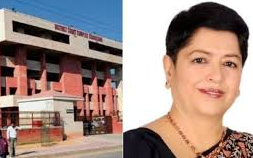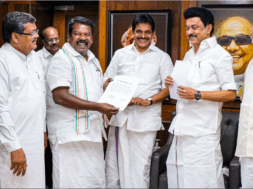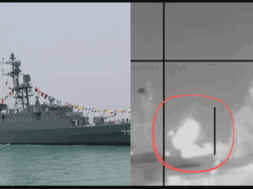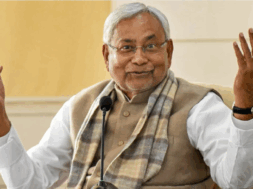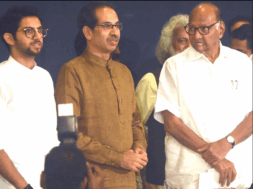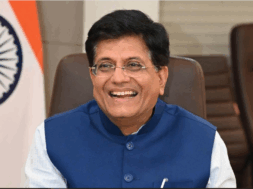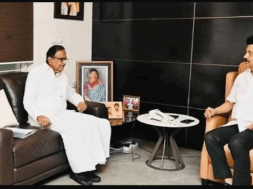
Manas Dasgupta
NEW DELHI, Mar 29: Amidst the on-going row over alleged recovery of cash from the official residence of the Delhi High Court judge Yashwant Varma, another judge facing similar allegations was exonerated of the charges on Saturday, 17 years after she was put in the accused’s box.
A special CBI court in Chandigarh on Saturday acquitted retired judge Justice Nirmal Yadav in a 2008 case wherein a packet containing Rs 15 lakh in cash that was allegedly meant for her was delivered at the residence of another sitting judge allegedly due to confusion over the names. Justice Yadav (retd) was a sitting judge of the Punjab and Haryana High Court at the time.
The court of Special CBI Judge Alka Malik pronounced the final order on Saturday. Four other accused in the case, including one who died in 2017 pending trial, were also acquitted. “I have not committed any crime and there is nothing incriminating found during the entire trial against me,” Justice Yadav (retd) said in her final statement.
Special Central Bureau of Investigation (CBI) judge Alka Malik in her order acquitted Justice Yadav along with four others, viz., Sanjiv Bansal, former Additional Advocate General, Haryana, Delhi-based hotelier Ravinder Singh, city-based businessman Rajiv Gupta and another person. Bansal passed away in February 2017.
Defence counsel Vishal Garg Narwana said the court has acquitted former Justice Yadav and four others. “Today the court has passed the judgement in the matter. Justice (Retd) Nirmal Yadav has been acquitted. False allegations have been levelled against her,” Narwana said.
The high-profile case which had come to be known as the ‘cash at judge door’ case, that rocked the judiciary 17 years ago, revolves around a cash packet containing Rs 15 lakh, that was allegedly wrongly delivered at the residence of Justice Nirmaljit Kaur, another sitting high court judge, on August 13, 2008. It was alleged that the cash was meant for Justice Nirmal Yadav as a bribe to influence a property deal.
On discovering the mix-up, Justice Kaur immediately informed the then Punjab and Haryana High Court Chief Justice and the Chandigarh Police. A first information report (FIR) was subsequently filed on August 16, 2008. The case took a significant turn 10 days later when the then administrator of the Union Territory, General SF Rodrigues (retired) transferred the case to the CBI, which filed a fresh FIR on August 28, 2008.
During investigation, the CBI found the cash was delivered by a clerk of former Haryana additional advocate general who reportedly called Justice Kaur and said the money was meant for a certain “Nirmal Singh,” but was mistakenly delivered to her house.
After her name cropped up in case, Justice Yadav was transferred to the Uttarakhand High Court. In December 2009, the CBI filed a closure report, which was rejected by the CBI court in March 2010 and ordered a reinvestigation.
The CBI in March 2011 charge-sheeted Justice Nirmal Yadav, who was then a judge in the Uttarakhand High Court, on the day of her retirement. In January 2014, the special CBI court framed charges against Justice Yadav after the Supreme Court dismissed her plea for stay on proceedings of the trial court. The CBI had held that Justice Yadav had committed an offence punishable under the Prevention of Corruption Act, 1988.
In January 2009, the CBI had sought permission to prosecute Justice Yadav, which was granted by the Punjab and Haryana High Court in November 2010. She challenged the move, but failed to get relief. The prosecution sanction was approved by the office of the President in March 2011, leading to the CBI filing a charge-sheet the same month.
Throughout the trial, the prosecution listed 84 witnesses, of which 69 were examined. In February this year, the high court allowed the CBI to re-examine 10 witnesses within four weeks and directed the trial court to avoid unnecessary adjournments. The final arguments in the case were heard in the court in Chandigarh on Thursday while the pronouncement was posted for March 29.
